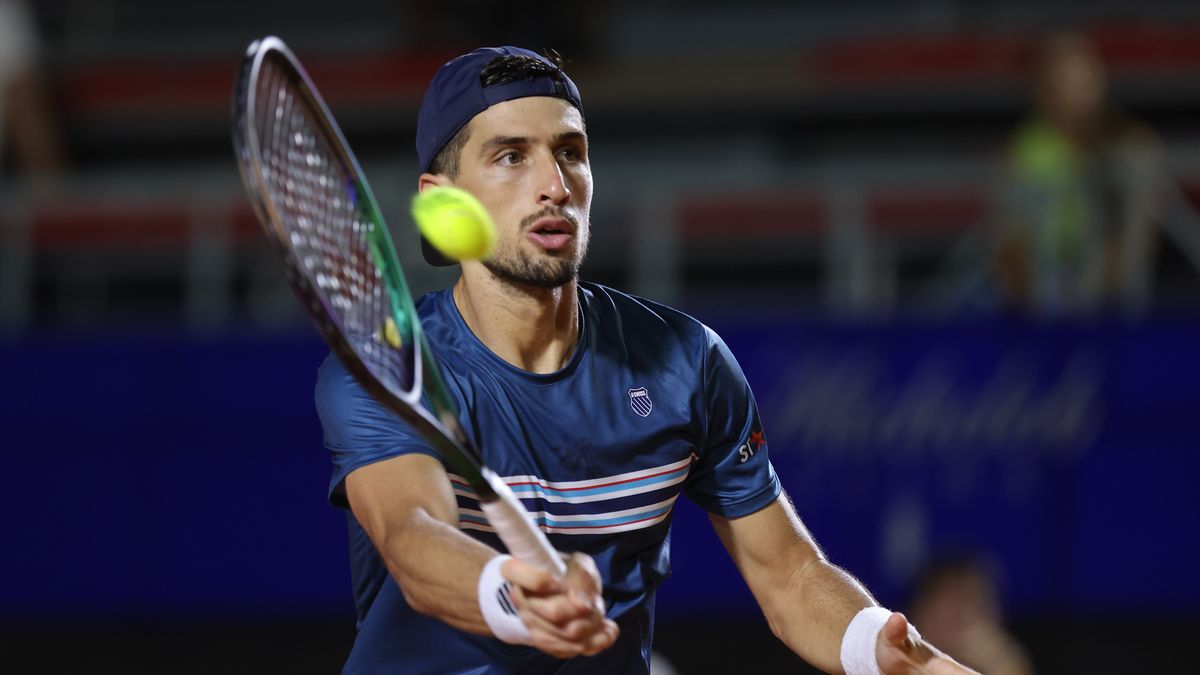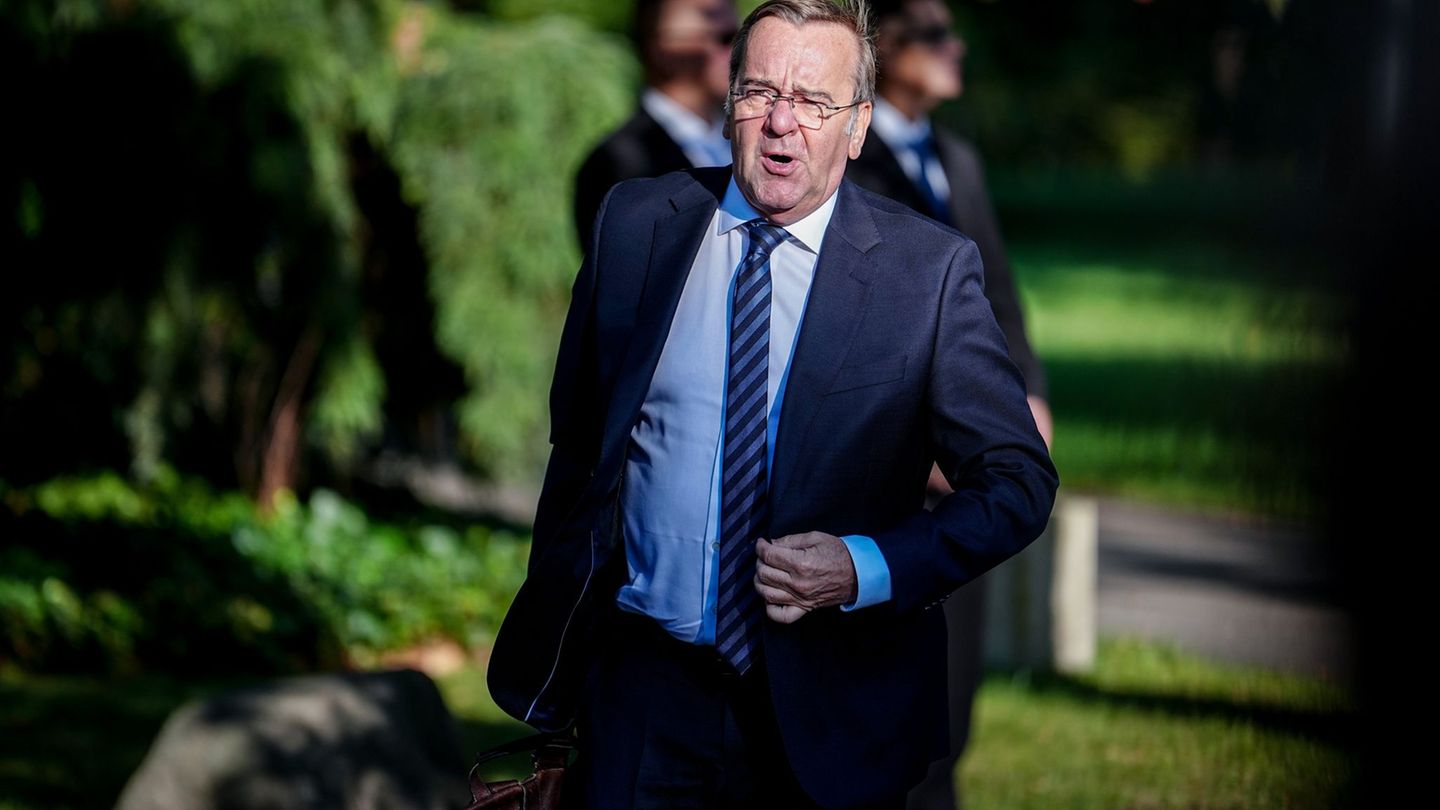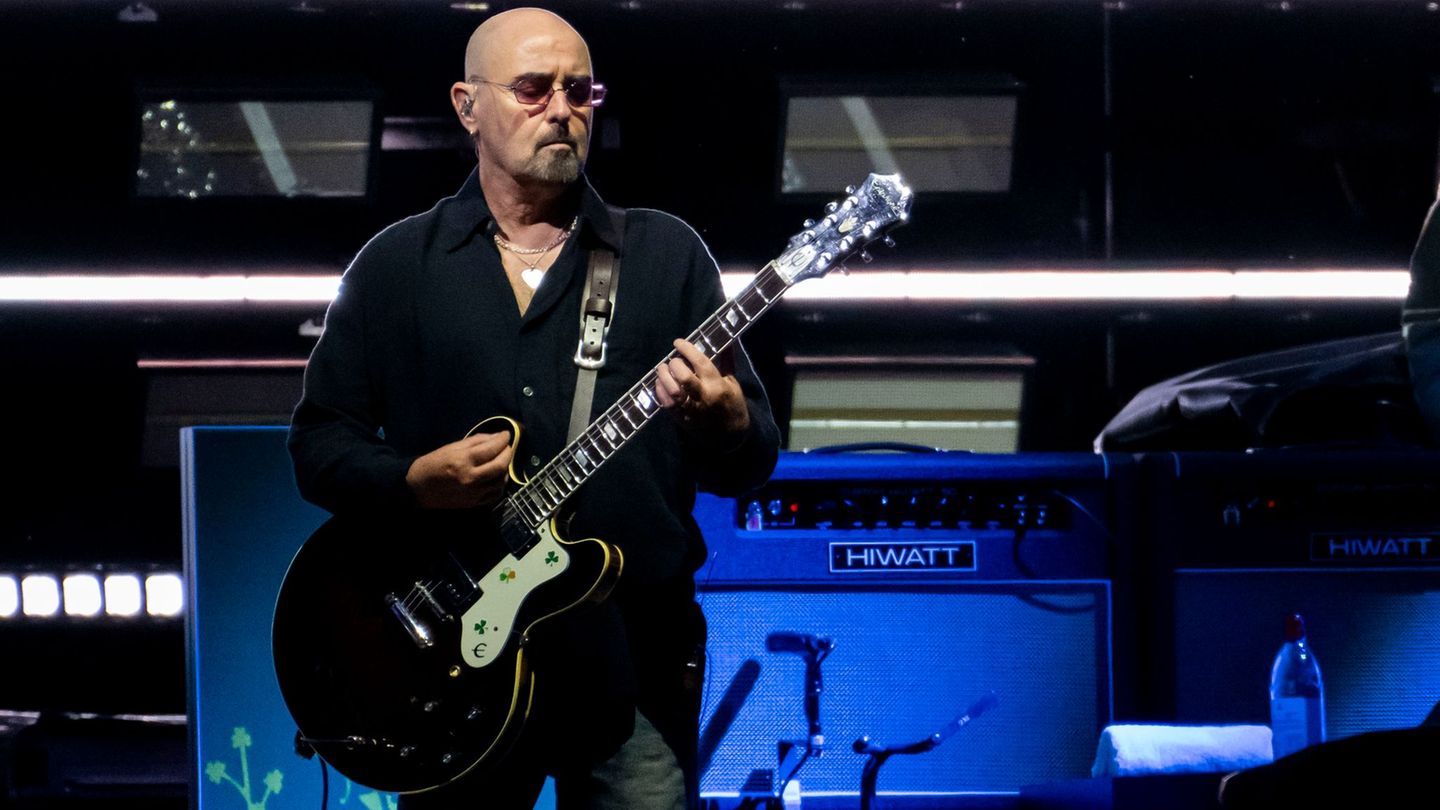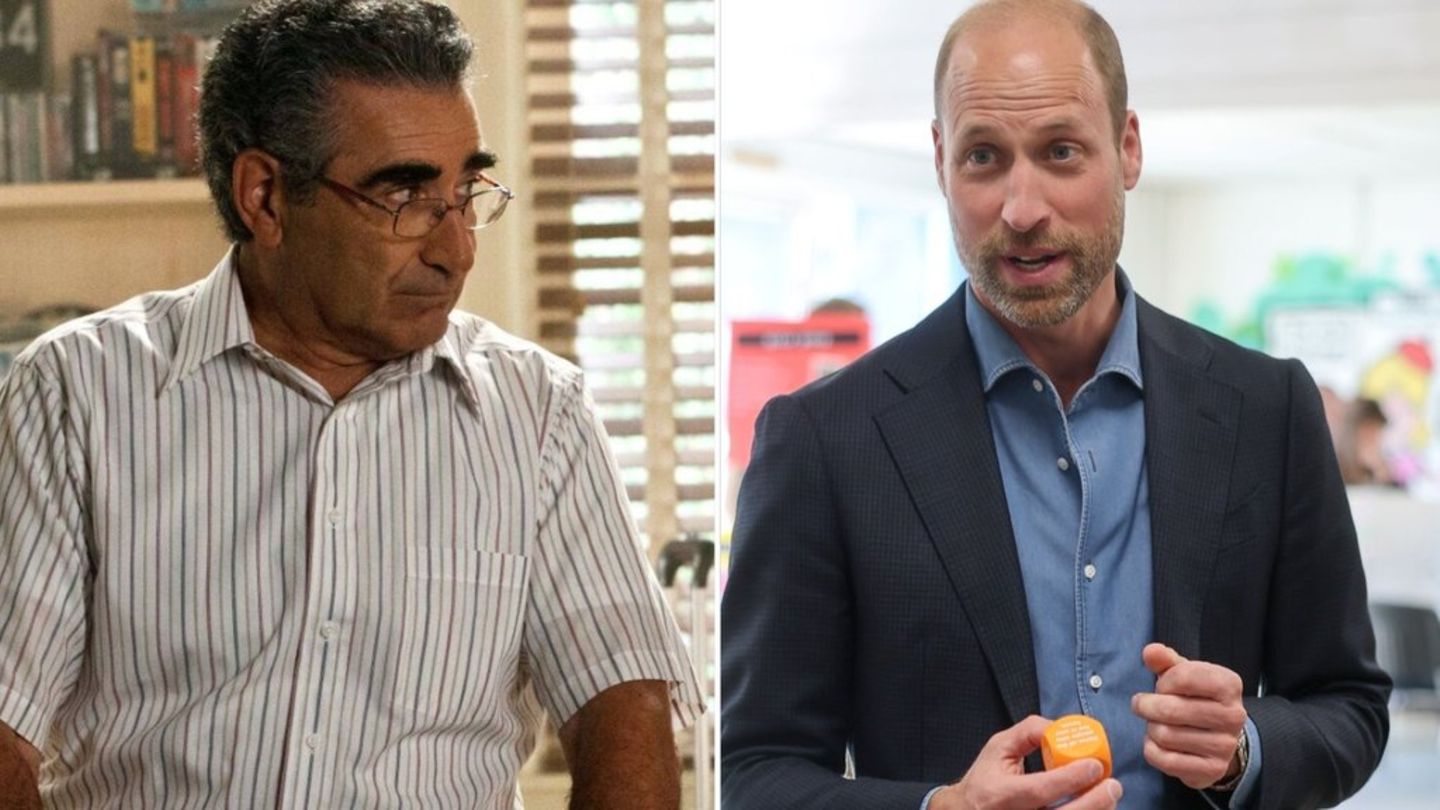The Cordovan who will turn 28 in April went through all the circumstances, including a move to Barcelona in his late teens. Tournaments for minors, futures, challengers and finally the ATP circuit. In 2022 he established himself in the greater circus, debuted at the Grand Slams and entered the top 100 for the first time: after starting the season in 245th place, he reached 54th in November.
All this growth earned him his first call to the Davis Cup team a few weeks ago, in the series valid for the 2023 Qualifiers in which Argentina lost 3-1 to Finland. Although his debut was with a 7-5 and 6-3 defeat against Emil Ruusuvuori -local No. 1- his feelings were positive. “I talked to other players and it helped me to isolate myself. I enjoyed it very much. The group was very united and we had a great time despite the result”tells Ambit after a sacrificial training in the BALTC with almost 40°.
https://twitter.com/AATenis/status/1620525168786542592
Precisely the heat scared locals and strangers in the tournament. Any sliver of shade is a salvage to endure the day. “It’s unhealthy”says Cachín, who for some time has been part of the Players Council of the ATP and its function is to listen: “I throw ideas at those above me. If a tennis player has something to comment, he tells me, we raise it and see what request gains strength to go to the Board, which is where the laws are made ”.
Journalist: At times is tennis too sacrificed?
Pedro Cachin: Here, I am telling more than one that it is unhealthy. And here, imagine that this is a future. We are playing with a very high temperature, and it is not healthy. We play for many more things, both for points, money and even fame. In the futures it happens. There is a tour in Spain that you play with a lot of heat and it gives you an ATP point and 80 dollars, which you spend on the trip. It is a very sacrificed sport that today feeds not many.
Q: Where could the improvements go?
PC: They are trying to make everything go further back, both in points and money, and that makes you play calmer. It is reciprocal, because they give me as a player and I give them a show. Still in the futures you suffer a lot and in the challengers to a certain extent too. If you don’t play the quallies of the Grand Slams you can’t make a living from tennis; Today the prize money has improved a lot. It would be necessary to see a way to go a little further back and not have to be 100 in the world to live, because it is very difficult to be 100.
It is difficult to understand that achievements come without sacrifice, but in a sport in which dedication sometimes does not pay, the situation can turn hostile. And it is something that on many occasions is not disclosed. “You have to think that we are working. The life we lead is very beautiful, but it is very sacrificed, I see my family one month a year “describes Cachín, who assumes that “I live in summer”, since his base is in Barcelona but he spends eight months there and another four in Argentina.
https://graph.facebook.com/v8.0/instagram_oembed?url=https%3A%2F%2Fwww.instagram.com%2Fp%2FCkogHSFoYpu%2F&access_token=EAAGZAH4sEtVABALrH0z3sKqpOgBZAIzTCysm8Halv5jHPqSJH1gYjR4gr6ZCyJg4ZBoXmRsAXCLR8urKGB1xbwewJNsC0l2pLL2XKZBx4ZAE66rqXaOdMsjUIOdkse9MxMQM44GPQbovuXJG4dulTRalDsOlVSTyKXofEDywnsEwZDZD
Resilience, the click and dreams come true
The weather factor is one of the most discussed points in tennis circuits, both among competitors and fans. While in the Australian Open there is a protocol to stop matches, in the rest of the tournaments something similar is claimed.
“ITF has the heat rule and ATP should put a similar or equal rule. Something has to be done, because neither the spectators nor we have a good time. We prepare a lot to be in good condition, and so everything does not give you. We do not stop being human beings who reach a limit”expresses the Cordovan, native of the city of Bellvillenational capital of the soccer ball, although he admits that he no longer feels passion for that sport “although he does for the National Team.”
Q: Do you ever consider leaving everything?
PC: While you play you don’t stop to think if you win, lose or want to leave everything. Now when you get injured you think a lot. If you get injured when you’re 50, you know you have to live, but the times I got injured I wasn’t even in the top 250. I didn’t think about braking to zero but thoughts of doing other things have come to my mind. We carry this passion and surely, over time, it would have returned.
Q: In recent months there has been a change in your reality. What changed in you?
PC: I think I improved my shots a bit, I went up a level in the sense of playing with a little less margin, with balls that now go in and not before. I improved my serve a lot, last year he gave me a lot to eat; in moments of stress he knew he had a weapon to rely on. I finally improved both physical and mental consistency.
Q: How was the experience of debuting in the Davis Cup?
PC: I found out in mid-December when Guillermo (Coria) and “Tero” (Martín García) called me to give me the news and to process it, ask the most experienced players. He wanted to know what they felt, not only in the debut but when they started playing. That helped me revalidate what I believed could happen.
Q: It was also an important point, because you opened the series against Finland
PC: Yes, but I was able to isolate myself from everything. Of course when you’re there you get some fears. I played against an opponent who plays with a lot of pace, so if you’re not at 100% you’re going to notice it a lot. That also helped me to be very active and play loose, not be so afraid. I enjoyed it very much. There were few Argentines, it was very far away, I would have liked it to be at home or closer.
https://twitter.com/TennisAid1/status/1622527021787013122
Q: In September Argentina will play against Lithuania to maintain the category. It emerges as a favorable series and with the possibility of giving a tour to several players.
PC: I don’t know Lithuania that well, there’s (Ricardas) Berankis, who is now a little backwards, but has a hierarchy. In the Davis Cup that is what happens, with this format, with a very good player you can lose the occasional game, and then you play more tense. It is a good option for Argentina to avoid relegation, but you should never underestimate your rival. It is also a good option to have someone making his debut on the bench, but playing for not being relegated is quite complicated. Argentina can achieve a good series.
Q: Due to the distances and surfaces, did you hesitate to go to Finland?
PC: No, at no time. I had felt very close to Bologna (in the group stage of the 2022 Finals, when Argentina came back with three losses), so my subsequent thought was that if there was an option at some point to play in the Davis Cup, I would do it. play. They are options that you never know if it will happen again. After chasing him so much, if the day he arrives you start thinking about something else… I said yes to one, with all that that entailed: arriving in Córdoba one day before playing, which I paid for with the energy with which I arrived and with the preparation, because it had been a long time since I had played on clay. We are all good players, but we are constantly learning, with the same mistakes from a year ago and that we accept in a different way.
Knowing firsthand about the sacrifices that tennis demands, Cachín also takes time to collaborate with those who need something extra to fulfill their dream. Thus, in 2019 he began his relationship with Tennis Aid, to which he donates different items so that they reach Africa.
“It started with the boy Victorie stringing with a stick. He had a stringing machine lying around and I contacted Tennis Aid and we sent several things with a friend from Barcelona, the machine, clothes, strings. This year I sent two suitcases full of rackets and clothes. I am interested in helping, be it my family or whoever I can reach. I am not one to give for giving but rather I seek to value what comes. It is good that we have empathy with those who lack something “closes the Cordovan, who from his place seeks to make tennis a better place for everyone every day.
Source: Ambito
I am Pierce Boyd, a driven and ambitious professional working in the news industry. I have been writing for 24 Hours Worlds for over five years, specializing in sports section coverage. During my tenure at the publication, I have built an impressive portfolio of articles that has earned me a reputation as an experienced journalist and content creator.




